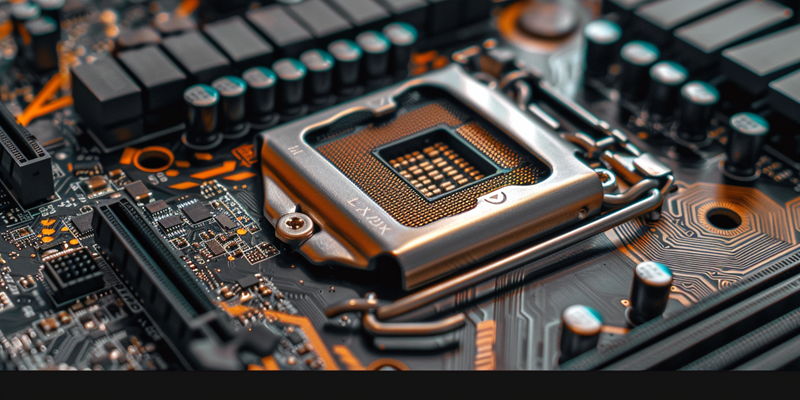As the world of desktop computing braces for a new wave of innovation, AMD is at the forefront, gearing up to make a headline-worthy announcement at the highly anticipated Computex event. The tech community is abuzz with the news of AMD’s next-generation Zen 5 architecture, which is set to become the foundation of the Ryzen 9000 series of desktop processors. With an expected release in July, following what promises to be a revealing unveiling, the excitement is palpably building.
The Ryzen 9000 Series: A Closer Look
Exploring the Zen 5 Architecture
The introduction of AMD’s Zen 5 architecture through the Ryzen 9000 series anticipates a lineup that caters to a diverse range of needs and preferences within the desktop CPU market. These forthcoming processors are rumored to be available in a variety of configurations, including 16-core, 12-core, 8-core, and 6-core options. This strategy reflects AMD’s commitment to offering versatile solutions for both power users and mainstream consumers. At the same time, AMD seems to be charting its own course with a conscious decision to avoid integrating power-efficient ‘small’ cores—a trend Intel has embraced with its current CPU designs. Instead, AMD is placing its bets on the significant computing power available through standard cores, anticipating that this approach will meet or exceed the performance demands of most users.
Preparing for the Market Impact
With stakes soaring in the realm of desktop computing, the Ryzen 9000 series arrives as a strategic move that positions AMD ahead of Intel’s forthcoming Arrow Lake desktop processors, set to launch in 2024. AMD’s early introduction of its new CPUs could grant the company a formidable edge, particularly in the PC gaming segment, especially if it manages to release 3D V-Cache versions ahead of Intel’s upcoming products. More than offering an incremental upgrade, AMD’s Zen 5-based processors have the potential to redefine performance expectations and seize significant market share during this narrow window of opportunity.
Strategizing for a Competitive Edge
AMD’s Tactical Release Timetable
As the CPU battlefield heats up, AMD’s preemptive strike with the Ryzen 9000 series serves as a tactical advantage over Intel, which is projected to showcase dramatic performance enhancements with its Arrow Lake chips. However, Intel’s significant gains may not be unveiled until AMD has already solidified its leadership with the Ryzen 9000, possibly relegating Intel to a position of chasing the competition it once led. This strategic timing of the Ryzen 9000 release could be pivotal in altering the CPU market dynamics, giving AMD the upper hand in establishing new performance benchmarks and consumer expectations—potentially reshaping the competitive landscape and securing a lucrative lead.
Industry Ecosystem Reaction to AMD’s Move
The desktop computing realm is poised for an exciting transformation with AMD leading the charge. The anticipation is mounting as AMD readies itself to steal the spotlight at the upcoming Computex showcase. Eager tech enthusiasts are on the edge of their seats, awaiting the reveal of AMD’s innovative Zen 5 architecture. This cutting-edge technology is expected to be the pillar of the Ryzen 9000 series, which will revolutionize desktop processors. Enthusiasm continues to surge as the predicted July release date draws near. It’s not just an announcement—the unveiling of the Zen 5 is set to be a pivotal moment, marking yet another leap in computing capabilities. The buzz radiating from the tech community is unmistakable, with AMD’s forthcoming announcement at Computex poised to further elevate the company’s already distinguished reputation in the industry.

